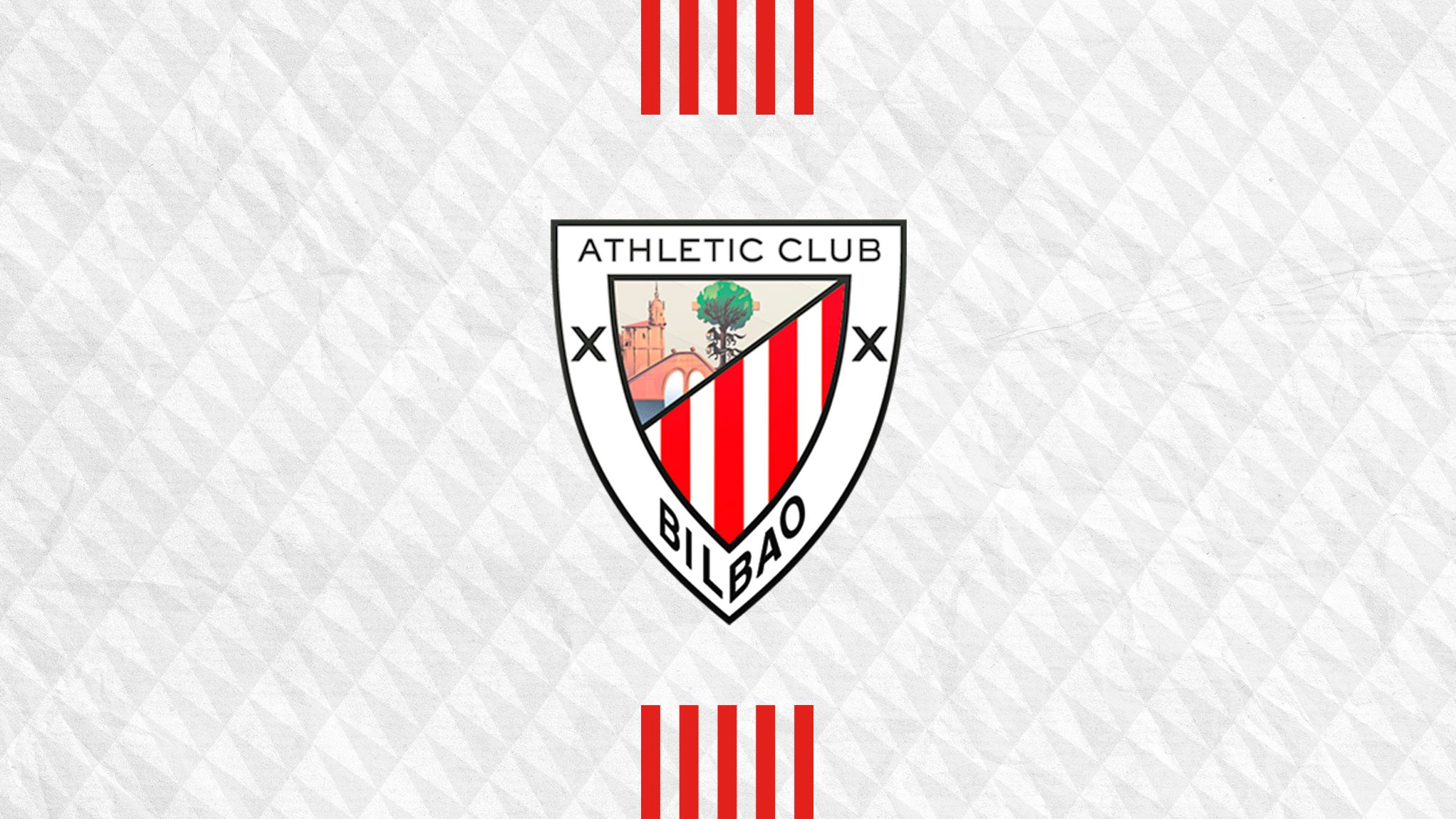Chapter III: The 1960s
Several footballers begin to appear in San Mamés who, without being a part of the…
Several footballers begin to appear in San Mamés who, without being a part of the Liga Championship, would later be awarded the Golden Ball Award.
On 4 April 1964, one of the most honoured clubs of South America appeared in Bilbao, Peñarol of Montevideo, who had 25 league titles; two Copa Libertadores of America titles and an Intercontinental title… and were eventually defeated in San Mamés by 4-0. Trained by Roque Máspoli, who in his time as a player was the World Cup Uruguayan goalkeeper in 1950, the ‘aurinegros’ came with their star, the Ecuadorian Alberto Spencer. Still to date the ‘Cabeza Mágica’ or Magical Head leads the historical top scorer list of the Copa Libertadores with 54 goals (48 with Peñarol and 6 with Barcelona of Guayaquil). Still holding third position on that list is Pedro Virgilio Rocha, who was also present at that match in San Mamés and who can also presume of having taken part in four World Cups (1962, 1966, 1970 and 1974).
The following month, on 28 May, a selection from Biscay faced Manchester United in San Mamés in the golden anniversary commemorative match of the Biscayan Federation, which ended in a 1-nil thanks to the free kick by ex-rojiblanco Garay, then in the rows of FC Barcelona. The ‘red devils’, which made the traditional floral offering to Pichichi, aligned the mythical George Best, who was only 18 at the time, and the Scot Denis Law, who that same year was adjudged the Golden Ball Award. Best who was one of the players with the most talent of all times, was also granted that award in 1968 (Manchester United conquered Europe); however, he never participated in a World Cup nor in a EuroCup with Northern Ireland. ‘The fifth Beatle’ died in 2005 after having survived liver transplant. One of the two airports in Belfast, city where he was born, was renamed George Best City Airport.
So much Best as Law formed, along with Bobby Charlton, the ‘Santísima Trinidad’ or Holy Trinity, the unforgettable advantage of Manchester. Another two players from that team that played in Bilbao, John Connelly and ‘Nobby’ Stiles were World champions in 1966. Stiles received a multitude of praises in his country for having literally dried out the magnificent Portuguese striker Eusebio in the semi-finals.
His celebration of the victory in the final against Germany, dancing on Wembley ´pitch’ while grasping the trophy with one hand and his false teeth with the other, still remains in the collective memory of British football. In the 1964/65 Fairs Cup (UEFA Cup), the rojiblanco team reached the quarterfinals and throughout their path they coincided with renowned figures; among them, a young Josip Skoblar, who faced the lions with OFK Belgrade in the first round. Skoblar scored from a penalty in San Mamés (2-2) and our team’s pass was certified in the former Yugoslavia (0-2). Skoblar dazzled in Olympique of Marseilles, where he won the Golden Boot award when he was thirty years old (44 goals) in 1971 and is one of the icons in the history of the French club. After surpassing Antwerp and Dunfermline (with Alex Ferguson in its rows), the rojiblancos went up against Ferencvaros in quarterfinals, who in the end won the match.
The players from Budapest were immersed in their golden era and with an unquestionable leader on their mind; Florian Albert, shared top scorer in the 1962 World Cup. Albert spent most of his career with the ‘green eagles’ and even became the recipient of the Golden Ball Award of 1967 ahead of Charlton, winner of the previous edition. Ferencvaros Stadium carries the name of the Hungarian, who also took part in the elimination of Athletic Club in the 67/68 UEFA, and in the following season, our first rival was Liverpool, managed by the legendary Bill Shankly, the creator of a team that would later dominate in Europe. A toss of a coin decided whether Athletic would go on to the Round of 32 after a double 2-1.
‘La Catedral’ saw Roger Hunt, a starter in the famous Wembley final, Ian Callaghan, a historical Anfield player who was also summoned for that World Cup, Tommy Smith and Emlyn Hughes, whom holds the honour of being the first ‘red’ captain to raise the European Cup. Before being defeated by the Rangers (once again with Ferguson as a rival), Athletic Club got rid of Panathinaikos and Eintracht Frankfurt. The Teutonic club visited Bilbao with three World Cup runners-up: Hans Tilkowski, Jürgen Grabowski and Friedel Lutz. In May 1966, Tilkowski had won the Recopa (Cup-Winners’ Cup) with Borussia Dortmund, but his figure had greater repercussion after being the goalkeeper that allowed the famous ghost goal in the Wembley final. Grabowski, a substitute in the 1966 and 1970 World Cups, was a starter in the German triumph of 1974.

